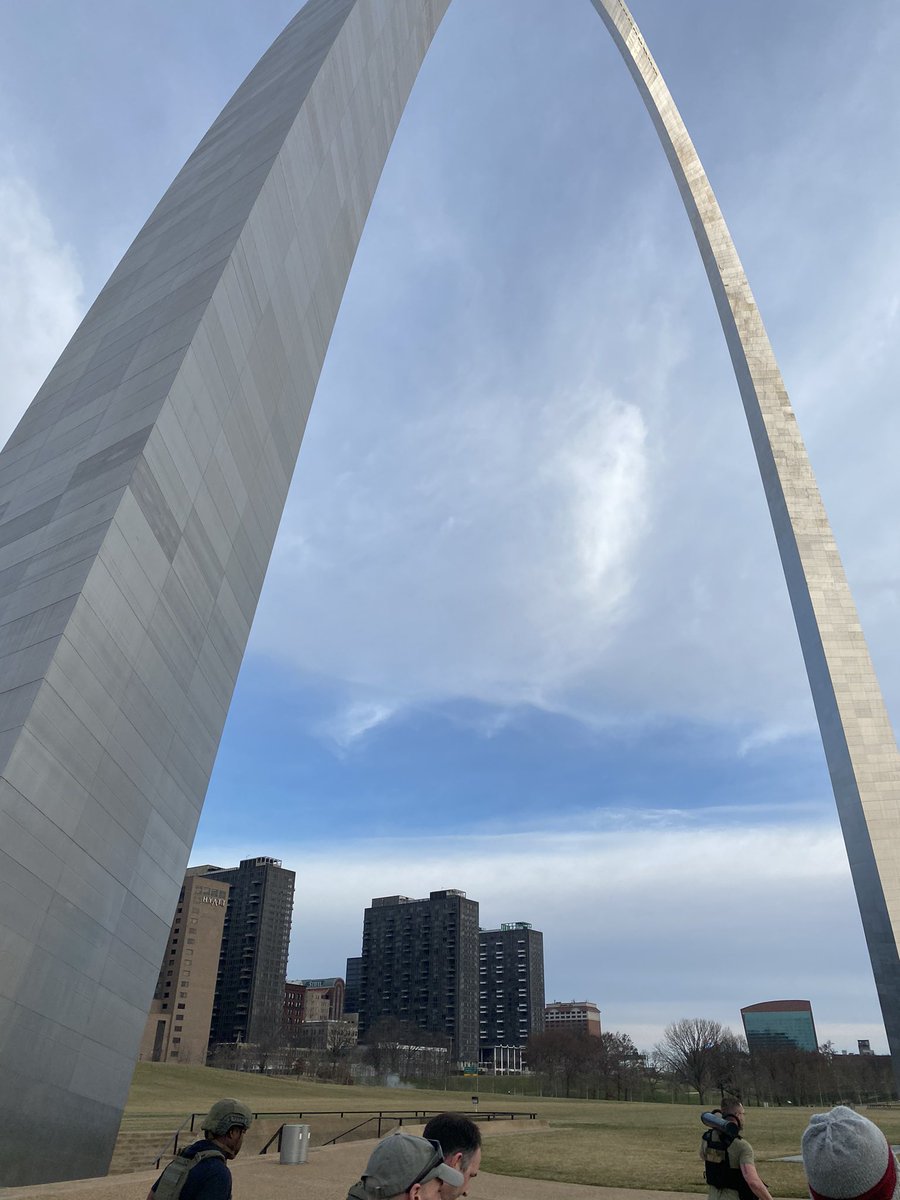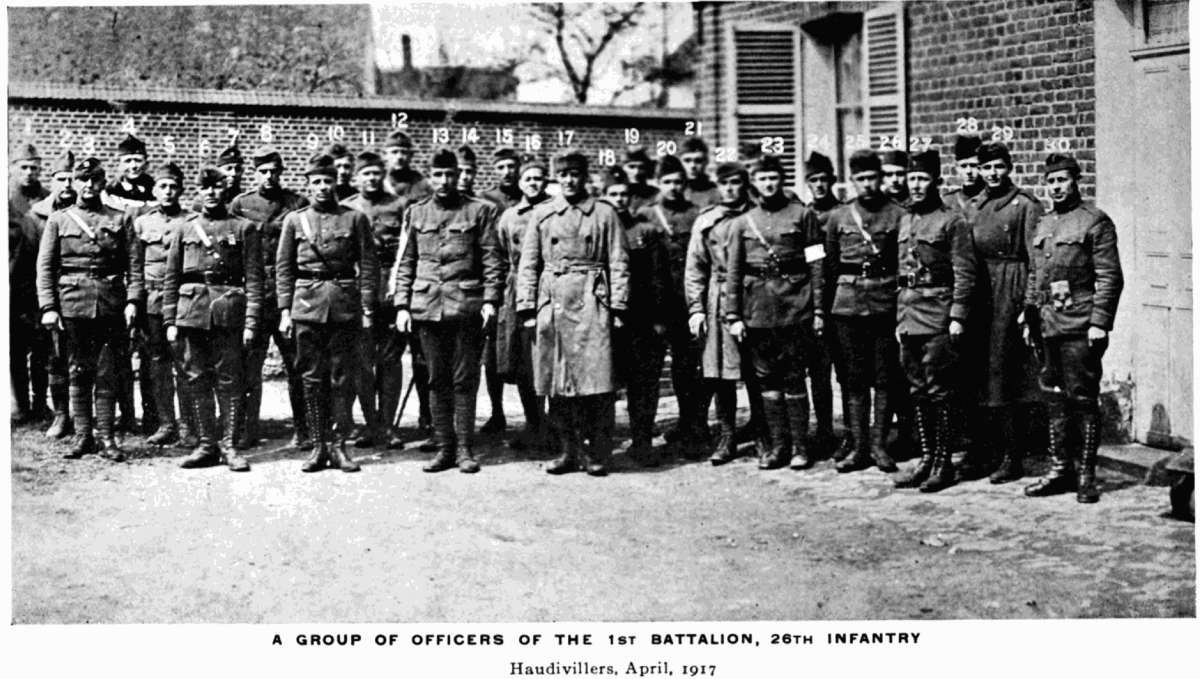Things I learned working as an Assistant US Attorney prosecuting violent crime in St Louis, America’s murder capital:
1/11
1/11

Police officers in dangerous cities deal with challenges that the rest of us can only imagine.
A detective I worked with missed taking a bullet to his head by literally an inch.
Every stop, every interaction can turn deadly in an instant.
2/11
A detective I worked with missed taking a bullet to his head by literally an inch.
Every stop, every interaction can turn deadly in an instant.
2/11
Would you chase an armed bad guy (or two or three) down a dark alley in the middle of the night with no backup?
Would you run through a door knowing that someone could be waiting to shoot you on the other side?
Police officers do regularly.
3/11
Would you run through a door knowing that someone could be waiting to shoot you on the other side?
Police officers do regularly.
3/11
I’ve seen officers assaulted for no reason, had guns drawn on them, had calm situations blow up in an instant.
Society should be on bended knee that, after all the criticism they’ve taken over the last few years, police officers are still out there keeping us safe.
4/11
Society should be on bended knee that, after all the criticism they’ve taken over the last few years, police officers are still out there keeping us safe.
4/11
Fentanyl is killing far more people even than is being reported. There is no heroin left in St Louis. It’s all fentanyl, and it’s all deadly. And dealers are regularly lacing cocaine and other drugs with the stuff
We need to close the border, and we need to confront China.
5/11
We need to close the border, and we need to confront China.
5/11
Have you taken ecstasy recently? Guess again. It was meth. There is no ecstasy anymore. It’s all just meth cut with other stuff.
Meth destroys lives. It used to be cooked in small batches. Now it’s trucked in by the ton from megalabs in Mexico.
Close the border now.
6/11
Meth destroys lives. It used to be cooked in small batches. Now it’s trucked in by the ton from megalabs in Mexico.
Close the border now.
6/11
Prisons are not full of “nonviolent drug offenders.”
The drug trade is totally suffused with violence and threats of violence. Violence is a necessary tool of the drug trade.
And selling fentanyl is violence in and of itself. It’s monetizing someone’s deadly addiction.
7/11
The drug trade is totally suffused with violence and threats of violence. Violence is a necessary tool of the drug trade.
And selling fentanyl is violence in and of itself. It’s monetizing someone’s deadly addiction.
7/11
If you’re getting a long sentence in this day and age, it’s very, very likely for one of three reasons:
A) violent crime
B) you moved a lot of drugs
C) you’re a career offender with an extensive criminal history.
Nobody is serving 20 just for selling dime bags of weed.
8/11
A) violent crime
B) you moved a lot of drugs
C) you’re a career offender with an extensive criminal history.
Nobody is serving 20 just for selling dime bags of weed.
8/11
Which leads to my next point:
Crime is highly Pareto efficient—a very small number of criminals commit almost all the crime, especially violent crime.
Each shooter you take off the streets, each dealer, each thug means likely dozens of fewer felony offenses per year.
9/11
Crime is highly Pareto efficient—a very small number of criminals commit almost all the crime, especially violent crime.
Each shooter you take off the streets, each dealer, each thug means likely dozens of fewer felony offenses per year.
9/11
Police, prosecutors, and the courts all need to be working effectively to beat back crime
If your police aren’t making quality arrests—failure
If your prosecutors are blowing cases—failure
If your judges are bonding out and then giving soft sentences to killers—failure
10/11
If your police aren’t making quality arrests—failure
If your prosecutors are blowing cases—failure
If your judges are bonding out and then giving soft sentences to killers—failure
10/11
I could go on in this vein for a while. I’m incredibly grateful to have had the opportunity to work in an outstanding US Attorney’s Office, and to support the efforts of truly outstanding law enforcement officers.
Go thank a cop. Seriously.
Any questions?
11/11
Go thank a cop. Seriously.
Any questions?
11/11
• • •
Missing some Tweet in this thread? You can try to
force a refresh








